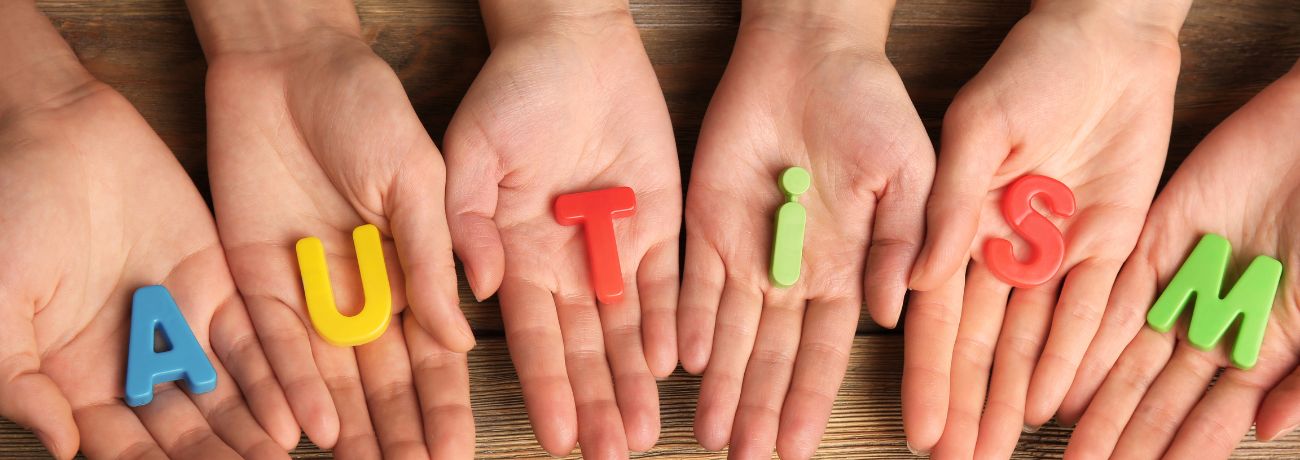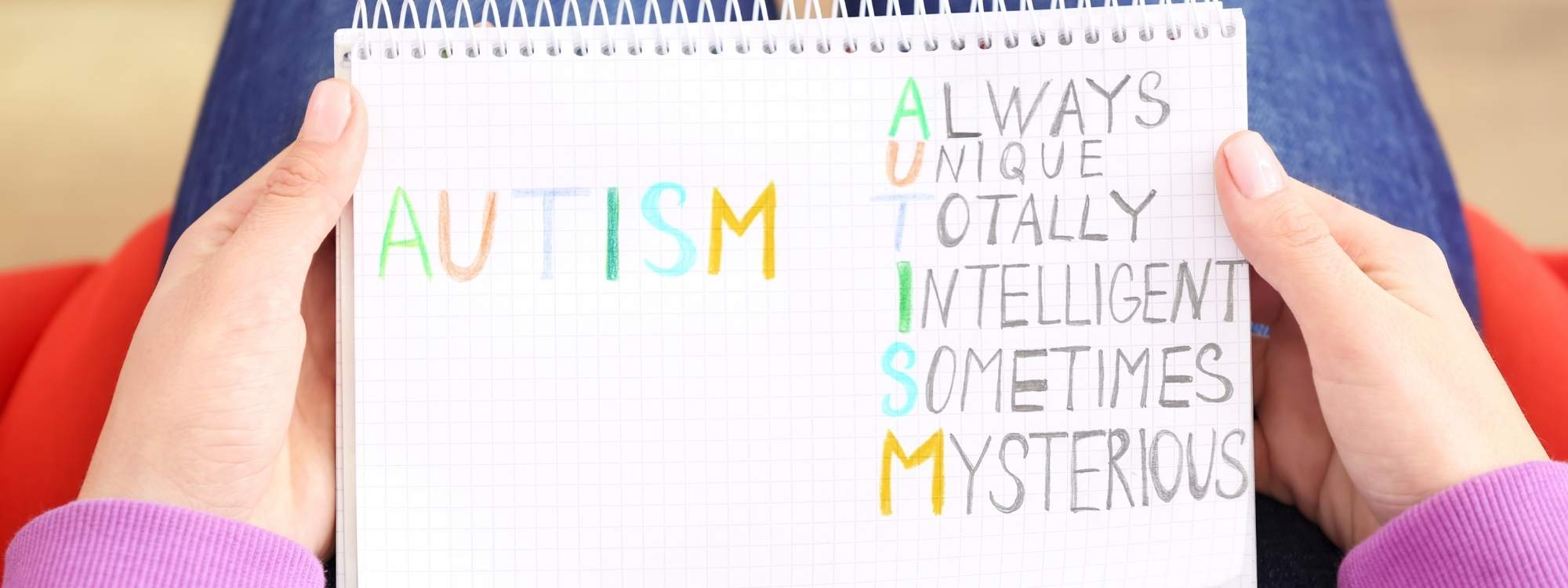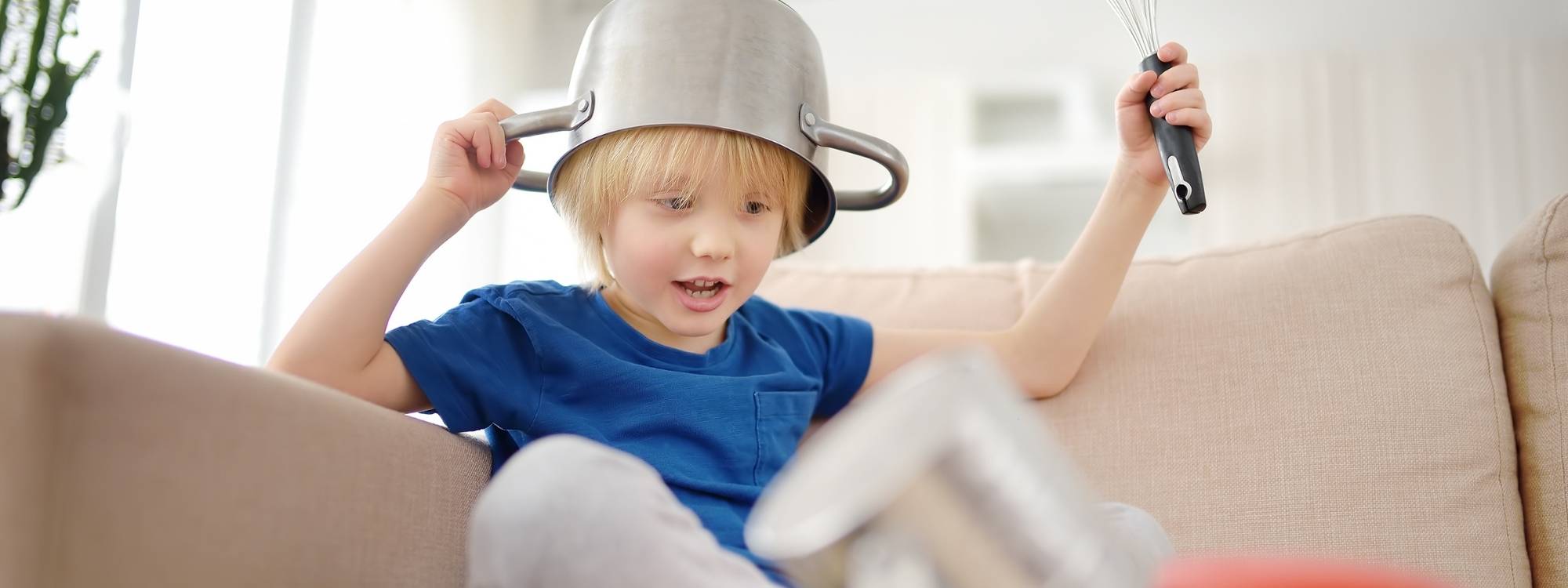Autism and Headphones: How They Help Manage Sensory Overload
Autism Spectrum Disorder (ASD) is a neurodevelopmental condition that affects how individuals perceive and interact with their surroundings. One of the most significant challenges many autistic individuals face is sensory processing, particularly sensitivity to auditory stimuli and sound. Everyday noises that might seem insignificant to others can be overwhelming and distressing, turning simple environments into sources of anxiety. Let’s learn more about the relationship between Autism and Headphones.
Research suggests that up to 90% of individuals with autism experience sensory processing differences. These sensitivities can manifest as hypersensitivity (over-responsiveness) or hyposensitivity (under-responsiveness) to stimuli such as sound, light, touch, taste, and smell.
Headphones have become a valuable tool for managing these sensory sensitivities, particularly in environments where noise can be overwhelming or overstimulating. This article delves into why autistic people wear headphones, the benefits they offer, and how they help manage sensory overload and improve focus, communication, and overall well-being.
The Role of Headphones in Sensory Overload Management
What is Sensory Overload?
Sensory overload occurs when the brain struggles to process multiple sensory stimuli simultaneously, leading to overwhelming distress. Autistic individuals are particularly prone to sensory overload due to heightened sensitivity to stimuli such as loud noises, flashing lights, or crowded spaces. Unlike neurotypical individuals, who can filter out excess sensory input, autistic people often experience sensory stressors from every sound, sight, or touch at full intensity.
In these situations, the brain can reach a threshold much faster, triggering a physiological fight, flight, or freeze response. Sensory overload can cause a variety of physical and emotional symptoms, including:
- Extreme anxiety or panic
- Covering ears or eyes
- Rocking or other repetitive behaviors
- Shutting down or becoming non-verbal
- Difficulty thinking clearly or concentrating
By providing a way to manage sound sensitivity and filter out background noise and unwanted auditory stimuli, headphones can help manage these stressors and prevent overwhelming sensory experiences.
How Headphones Help with Sensory Overload
Headphones serve as a proactive solution to noise sensitivity and help individuals manage sensory overload by creating a controlled auditory environment. They can filter out external sounds, such as the hum of appliances, conversations, or city traffic, and provide a more predictable soundscape. This allows individuals to focus better on important sounds or voices, without being distracted by surrounding noise.
Noise-canceling headphones, in particular, use active noise cancellation technology to block out external sounds. They create “anti-noise” waves that neutralize incoming sounds, providing a quieter and more peaceful listening environment. This can greatly reduce feelings of anxiety and discomfort that arise from loud, unpredictable noises.
Headphones as a Coping Mechanism
For many autistic individuals, headphones are more than just a tool for managing sensory input, they are a coping mechanism. Wearing headphones allows individuals to create a personal “sensory sanctuary” where they can control the auditory input stimuli they are exposed to. This sense of control is empowering and can significantly reduce anxiety in challenging or overwhelming environments.
By offering a physical barrier to external sounds, headphones also act as a protective shield from overwhelming or overstimulating environments, allowing autistic people to navigate through public spaces, schools, or social gatherings with greater ease and confidence.
Benefits of Headphones for Autistic Individuals
Calming and Focus
For autistic individuals, staying focused in noisy environments can be a significant challenge. In classrooms, public spaces, or even at home, background noise can act as a constant distraction, making it difficult to concentrate or engage with others. By reducing auditory distractions, headphones can help create a more conducive and supportive environment for focus and learning.
Many autistic people use headphones to block out unnecessary sounds, allowing them to focus better on tasks, conversations, or other important activities. This can lead to improved productivity and a greater sense of calm.
Supporting Communication and Social Interactions
Communication can be particularly challenging for autistic individuals in noisy or overwhelming settings. With external sounds reduced, headphones help to focus attention on conversations or important auditory cues, making it easier to engage in social interactions. For example, in crowded or noisy classrooms or public areas, using headphones can improve an individual’s ability to hear others and understand spoken words without being distracted by competing noises.
By reducing sound sensitivity, creating a controlled auditory environment, headphones can support more meaningful and less stressful communication, fostering better social interactions and reducing anxiety.
Improving Sleep with Headphones
Another benefit of headphones for autistic individuals is their potential to improve sleep. Many autistic individuals struggle with sleep disturbances due to external noise, such as traffic, household sounds, or other environmental factors. Wearing headphones or using sleep-specific noise-canceling headphones can block out these disturbances, creating a quieter environment conducive to sleep.
Incorporating other calming sounds, such as nature recordings or white noise, can also help improve the quality of sleep, aiding in relaxation and reducing nighttime restlessness.
Types of Headphones Best Suited for Autistic Individuals
When it comes to managing sensory sensitivities, not all headphones are created equal. Different types of headphones offer varying benefits that may be more suitable depending on individual preferences and specific sensory needs.
Noise-Canceling Headphones
Noise-canceling headphones use active technology to block ambient noise. These headphones are ideal for individuals who need to reduce background noise consistently, such as in crowded or noisy environments like schools, offices, or crowded public spaces. By producing sound waves that cancel out incoming noise, these headphones create a quieter, more controlled auditory environment.
Over-Ear Headphones
Over-ear headphones are designed to fully cover the ears, providing natural noise isolation. This makes them a great option for individuals who need significant noise reduction. They also tend to be more comfortable for long periods of use, as the cushioned ear cups provide a soft, snug fit. The downside, however, is that they can be bulky and less portable than other types.
In-Ear Headphones
In-ear headphones (or earbuds) offer a more compact, discreet option for managing sensory sensitivities. While they do not provide the same level of noise isolation as over-ear headphones provide, they can still block out a substantial amount of external noise and are more portable, making them an ideal choice for individuals on the go.
Bone Conduction Headphones
Bone conduction headphones are unique in that they sit on the cheekbones and transmit sound through vibrations rather than through the ear canal. This allows individuals to maintain awareness of their surroundings while still enjoying a calming sound experience. These headphones are particularly beneficial for those who want to remain alert to important visual and auditory cues in their environment while managing sensory sensitivities.
How to Choose the Right Headphones for Your Child or Loved One
When selecting headphones for an autistic child or loved one, there are several important factors to consider to ensure that the headphones meet their specific needs.
Comfort and Adjustability
Comfort is paramount when choosing headphones for autistic individuals. Ill-fitting headphones can cause discomfort, which may exacerbate sensory overload. Look for headphones with soft, padded ear cups and adjustable headbands that can be tailored to the individual’s head size and preferences.
Noise Reduction Capabilities
Different individuals may require varying levels of noise reduction. Some children may benefit from minimal noise isolation, while others may need complete noise cancellation. Consider headphones with adjustable noise-canceling levels to accommodate changing environments.
Durability and Maintenance
Autistic children may be prone to losing or damaging their headphones, so it’s important to choose durable, high-quality options. Additionally, consider headphones that are easy to clean, especially if the headphones will be used frequently in various environments.
Portability
For individuals who need to take their headphones on the go, portability is an important factor. Lightweight, foldable, and compact headphones are ideal for travel, whether it’s for school, outings, or therapy sessions.
Safety Considerations and Tips for Using Headphones for Autism
While headphones can provide significant benefits for managing sensory overload, it’s essential to consider safety when using them, especially for children and those with heightened sensitivity. Incorrect use, such as setting the volume too high, can pose risks to hearing and overall well-being. Here are some safety tips to ensure that headphones are used effectively and safely.
Set the Volume at Safe Levels
Loud sounds can cause hearing damage, particularly when headphones are worn for extended periods. Always ensure that the volume is set at a safe level, ideally below 85 decibels, which is the maximum recommended volume for prolonged listening. Some headphones come with built-in volume limiters that prevent sound levels from exceeding a safe threshold, which is ideal for children and sensitive users.
Monitor Usage Time
Extended headphone use can lead to discomfort or ear strain, especially if the headphones do not fit properly or if they are worn for too long. Limit the amount of time headphones are used each day, ensuring that breaks are taken to allow the ears to rest. This can also help avoid the potential overuse of the headphones as a coping mechanism, fostering a balanced approach to sensory management.
Choose Comfortable, Well-Fitting Headphones
Headphones that are too tight or too loose can cause physical discomfort, which can exacerbate sensory sensitivities. Opt for headphones with adjustable headbands, cushioned ear cups, and a good fit to ensure comfort during prolonged use. Proper fit will also enhance the headphones’ noise-canceling abilities, providing a better overall experience.
Be Mindful of External Safety Concerns
While headphones are beneficial for blocking out distracting or overwhelming noises, it’s important to ensure that they don’t hinder an individual’s awareness of their surroundings. This is particularly important in public spaces or while traveling, as hearing important cues (e.g., traffic sounds, alarms, or verbal instructions) is essential for safety. Bone conduction headphones, which allow some environmental awareness, may be a safer option in such cases.
Regularly Inspect the Headphones
Regularly inspect the headphones for any damage or wear and tear, particularly the cables and ear cushions. Broken headphones can become unsafe, and damaged parts could pose a choking hazard, especially for younger users. Keeping the headphones in good condition ensures their continued effectiveness and safety.
Conclusion: Autism and Headphones
Headphones are a valuable tool for managing sensory sensitivities in autistic individuals. By reducing unwanted auditory stimuli and providing a predictable auditory environment, they help to prevent sensory overload, reduce anxiety, and improve communication and focus. When selecting headphones for an autistic person, consider factors such as comfort, noise reduction capabilities, and durability to ensure the best fit for their unique sensory needs. As part of a broader strategy for managing sensory challenges, headphones can significantly improve communication skills and the quality of life and empower autistic individuals to navigate overwhelming environments with greater ease and confidence.
Empower your child with the right tools to thrive. At Champions ABA, our highly skilled team combines Applied Behavior Analysis (ABA) with personalized sensory support to help children with autism manage sensory overload and improve focus. We specialize in creating individualized therapy plans that integrate sensory tools like headphones to create a calm and supportive environment. Start your child’s journey towards success today, call (877) 242-1744 or visit our website to learn more about how we can help.
FAQs: Autism and Headphones
Can Autistic People Wear Headphones?
Yes, many autistic individuals use headphones to manage sensory sensitivities and improve their quality of life. Headphones help reduce overwhelming sensory input, such as loud noises or busy environments, providing a calming, controlled and immersive auditory experience. By blocking out distractions, they can also help autistic people focus better and engage in meaningful interactions.
What Do Autistic Kids Listen to on Headphones?
Autistic children often use headphones to listen to calming sounds or white noise that helps with autism and helps them focus or relax. Some may listen to music, nature sounds, or guided meditations designed to reduce anxiety and support sensory regulation. The content they choose varies depending on their sensory preferences and needs.
How Do I Know if My Autistic Child Needs Headphones?
If your child is frequently overwhelmed by loud or unpredictable noises, struggles to focus in noisy environments, or exhibits signs of sensory overload such as covering their ears or becoming distressed, they may benefit from headphones. Consult with an occupational therapist to assess their sensory needs and determine if headphones could be a helpful tool for managing their environment.
What Headphones Are Good for Autism?
The best headphones for autism depend on individual preferences and needs. Noise-canceling headphones are excellent for reducing background noise, while over-ear headphones offer more comfort and isolation. In-ear headphones can be more portable, and bone conduction headphones are ideal for those who need to remain aware of their surroundings. Look for options that are comfortable, durable, and offer customizable noise reduction features.



